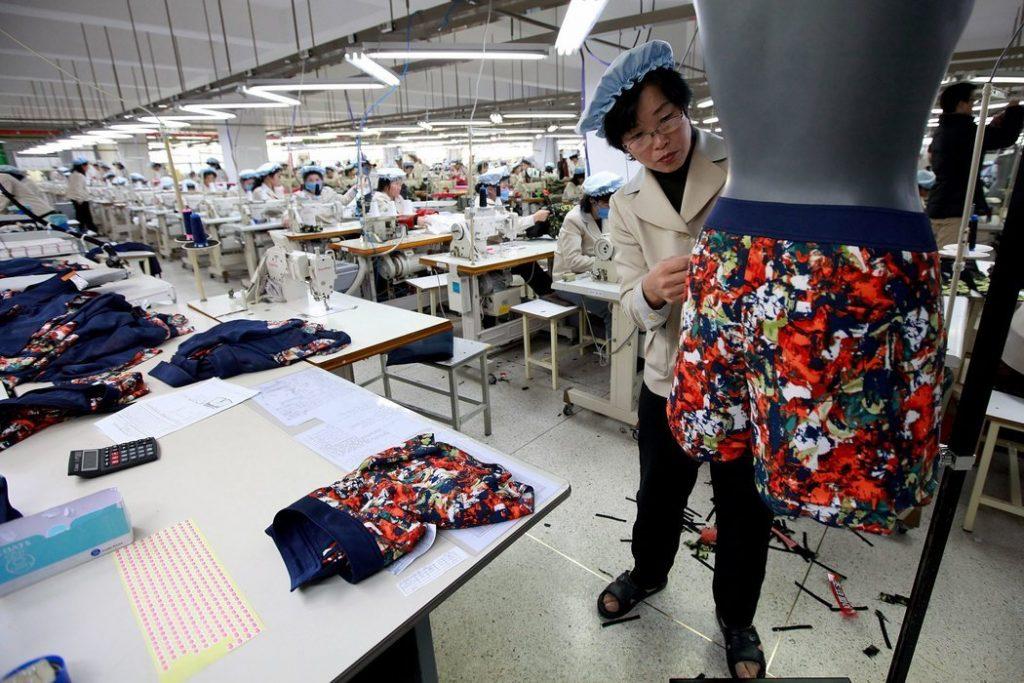Promises are promises. However, when there is no particular benefit in keeping them, sometimes, one must concede to reality—especially the leader of a nation. As one of his main campaign promises, President Moon Jae-in had called to attention the importance of reopening the Kaesong Industrial Complex (KIC), a facility that had been jointly run by both North and South Korea from its establishment in 2004 to its sudden shutdown in early 2016.
In accordance with his version of former president Kim Dae-jung’s “Sunshine Policy,” President Moon has continued to emphasize the fact that reopening the KIC will ease diplomatic tensions between both North and South Korea. In addition, he has argued that the industrial complex will facilitate economic growth, allowing both Koreas to become economic partners once again for mutual benefits. He and his party ardently believe that the KIC is going to be the solution to North Korea’s failing economy, as well as the remedy to South Korea’s dependence on cheap labor outside of the peninsula. Unfortunately, however, history has a tendency to repeat itself, and North Korea may once again take full advantage of the situation to satiate its own desires and needs.
While the original purpose of the KIC was to give North Korean workers a sustainable source of income free from government intervention, these individuals, in fact, were only able to take home a portion of their original income, according to several reputable news sources. The fact of the matter was that the regime stole wages from its citizens and consequently, funded its development of nuclear weapons; this was exactly the reason the industrial complex was shut down in February 2016 by former president Park Geun-hye. According to James Pearson and Ju-min Park, the co-writers of an article on Reuters pertaining to the KIC, North Korea demanded the wages be given directly to the state and not to the workers themselves.
Unfortunately, while contributing to the regime’s nuclear program years ago may have been negligible, the situation is much more grave in the present-day. During the 12 years that the KIC was in business, North Korea became an intimidating global power, a potent nation with nuclear weapons to back its sporadic actions; today, even the smallest improvement of its nuclear technology could be extremely hazardous for the international community. After all, it now has the capability to attack areas as far as Alaska and Guam, and the regime’s most recent nuclear test on Sept. 3 of its newly developed hydrogen bomb demonstrates that its military capabilities may soon be on par with the US’s. According to Steve Mollman, a writer for Quartz News, pertinent research states that the tremors from the bomb’s blasts were about 10 times more powerful than North Korea’s last nuclear test approximately a year ago.
In efforts to prevent North Korea from becoming a global power, stringent sanctions on North Korean imports and exports have been implemented to place increasing amounts of pressure on its economy. With the KIC possibly being a guarantee of additional funds for the regime’s nuclear program, President Moon should not have the sole authority to reverse the efforts made by the rest of the global community.
Wishing to preempt previously existent problems, many changes that can be made to the regulations, technology, and more at the industrial complex are being looked into by the South Korean state before officially reopening the KIC. Only time will tell whether a change will actually occur. Integrity is no longer a priority when it comes to keeping the international community stable and safe. Promises are words, but our security is our well-being.

